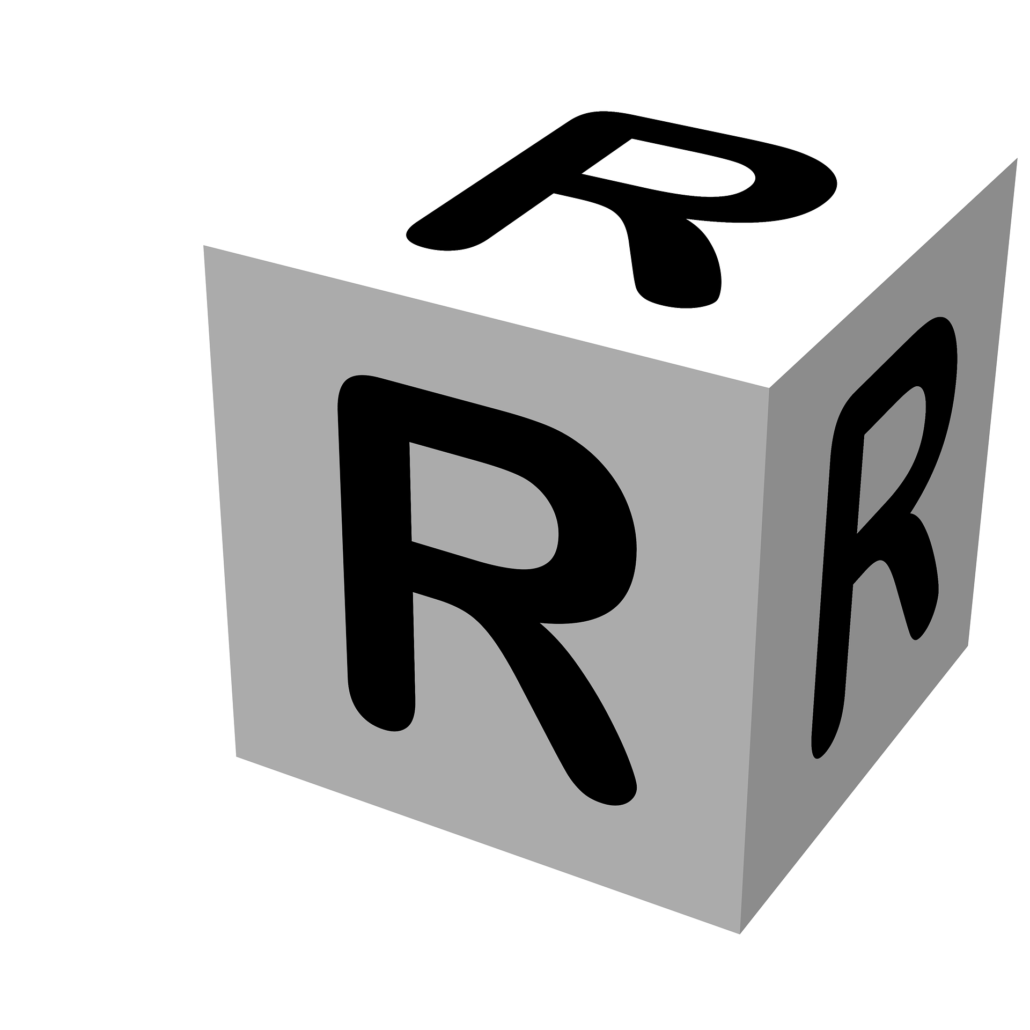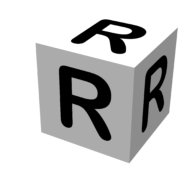“R” Words Are Important – Here’s Five That We Need For Our “Second-half”

In June 2018, I posted a blog that became one of my more popular posts. It’s entitled “Your Second Half Should Be Filled With These Four-letter Words” – click on it and become enlightened (How’s that for a dose of arrogance?)
It even became one of the more popular blogs on Next Avenue for several weeks.
Ah, the power of words. Words have meaning. They count. We often treat them too lightly and fail to acknowledge the damage they can do if the wrong ones become a part of our continuous self-talk.
Lately, I’m conscious of a lot of “R” words in my world of reading, study, webinars, Zoom sessions, etc.
The most common, as you’d expect, is RETIREMENT. One, because that’s a world I’ve immersed myself in – as in, don’t, or at least rethink or redefine it (see, there are those “R” words again). Second, because retirement remains one of the most prevalent words embedded in the middle brain of members of our western culture. As illogical and irrational as it is, it stays firmly entrenched in our psyche.
It occurred to this scattered brain that it might be helpful if we took a look at some of the “R” words I see a lot and position them relative to their merit or lack thereof.
So, here goes. One man’s opinion of five “R” words we should incorporate as we move through the second half of life.
Five “R” Words We Need In Our Life
Resilience – “the ability to recover quickly from setbacks”
- A trait of healthy centenarians is their ability to not only overcome trauma and travails but actually thrive and find gratitude in the midst of adversity and expect a better future following it. In the words of neuropsychologist Dr. Mario Martinez who has done extensive global research on centenarians: “Despite the initial physical and emotional pain of trauma, they maintain a sense of humor and hope for recovery. More important, their positive expectations enable them to learn from the negative experience.” I take from all this that being a “cultural outlier” with a “centenarian consciousness” can position us to compress our morbidity, delay our terminal frailty and thus live a longer, healthier and happier life while saving our society billions in late-life healthcare costs. The tough part is to shake off the cultural expectations and be an outlier. It takes some thick skin and a strong self-image.
Reintegrate – “recombining parts that work together well”
- I was tempted to suggest reinvent instead of reintegrate because reinvent is so omnipresent these days, especially in the self-help world and particularly when it comes to those of us in the second half of life. I’m rolling with reintegrate after considering the position taken on this by Marc Freedman, CEO and President of Encore.org and one of the nation’s leading experts on the longevity revolution. In a Harvard Business Review article “The Dangerous Myth of Reinvention” Freedman makes the point that reinvention is too daunting and not practical because it infers discarding accumulated life experience and starting over from scratch. He writes:
“Isn’t there something to be said for racking up decades of know-how and lessons, from failures as well as triumphs? Shouldn’t we aspire to build on that wisdom and understanding?
After years studying social innovators in the second half of life — individuals who have done their greatest work after 50 —I’m convinced the most powerful pattern that emerges from their stories can be described as reintegration, not reinvention. These successful late-blooming entrepreneurs weave together accumulated knowledge with creativity, while balancing continuity with change, in crafting a new idea that’s almost always deeply rooted in earlier chapters and activities.”
Routine – “something unvarying and repetitive”
- Lots of research on this. Certain repetitive actions benefit our physical health (such as regular exercise, meditation, nightly flossing), but they can also improve our mental health by reducing our stress levels. In the work world, there was an element of routine ( get up, shower, dress, eat, commute, work, etc., etc.). One of the downsides of retirement is that structure and routine can be too flexible and mundane.
Relevance – ” having some sensible or logical connection with something else”
- It’s my scary guess that a large number of us get up in the morning and go to bed at night without being necessary or relevant at all. If so, why live? One of my favorite wisdom sources on the aging process is Dr. Walter Bortz, retired Stanford geriatric physician who, in his book “Dare To Be 100” advises us to “be necessary.” He points out it doesn’t have to be an elite role. Being older and having the gifts of experience to offer makes it easier to be necessary or relevant to someone or something. His tough but sage advice is clear:
“When we stop mattering in this world, our continued consumption of resources becomes senseless.”
Renewal/Rejuvenation – “to restore something to make it more vigorous, dynamic, and effective”
- Writer and coach Steve Chandler, in his book “17 Lies That Are Holding You Back & The Truth That Will Set You Free” offers this insight on renewal as we age:
“It’s not your age that determines what you can learn, it’s your energy. Your energy does not depend on your age, it depends on your sense of purpose. It comes from a self-generated sense of necessity. What needs to be done?”
It occurred to me that maybe we should consider some “R” words that we can do without. Here’s a list that immediately came to mind.
Retirement – as in the traditional, self-indulgent, leisure-based, beaches, bungalows, bridge, bingo, and bocce-ball type. It’s dying – none too soon.
Resistance – to change. To not change is to die.
Regrets – letting our past remain bigger than our future.
Rigidity –“that’s the way it’s always been; it’s the way I’ve always done it.”
Remorse – continued growth has no room for self-condemnation.
Scroll down and leave a comment or email me at gary@makeagingwork.com. If you aren’t on our weekly email list, you can join at www.makeagingwork.com. It’s free – we publish a new article every Monday.





I like this – well said!!
Nice Gary! Relevant!! 🙂
I really enjoy your posts Gary and I am sharing them around! Thanks for sharing your wisdom.
Reiterate! Well said.
You should participate in a contest for top-of-the-line blogs on the web. I will suggest this site!
To the makeagingwork.com webmaster, Your posts are always informative and well-explained.
Hello makeagingwork.com admin, You always provide great insights.
Hello makeagingwork.com admin, You always provide great insights.
Good post. I be taught one thing more difficult on totally different blogs everyday. It would at all times be stimulating to learn content material from different writers and apply slightly something from their store. I’d choose to make use of some with the content on my blog whether or not you don’t mind. Natually I’ll give you a hyperlink in your internet blog. Thanks for sharing.
To the makeagingwork.com administrator, Your posts are always on topic and relevant.
Hello makeagingwork.com owner, Your posts are always well-supported and evidence-based.
Hello makeagingwork.com webmaster, Nice post!
Dear makeagingwork.com admin, Great job!
Hello makeagingwork.com webmaster, Thanks for the well-presented post!
To the makeagingwork.com webmaster, You always provide great examples and real-world applications.
Dear makeagingwork.com owner, Thanks for the in-depth post!
To the makeagingwork.com webmaster, Your posts are always well received by the community.